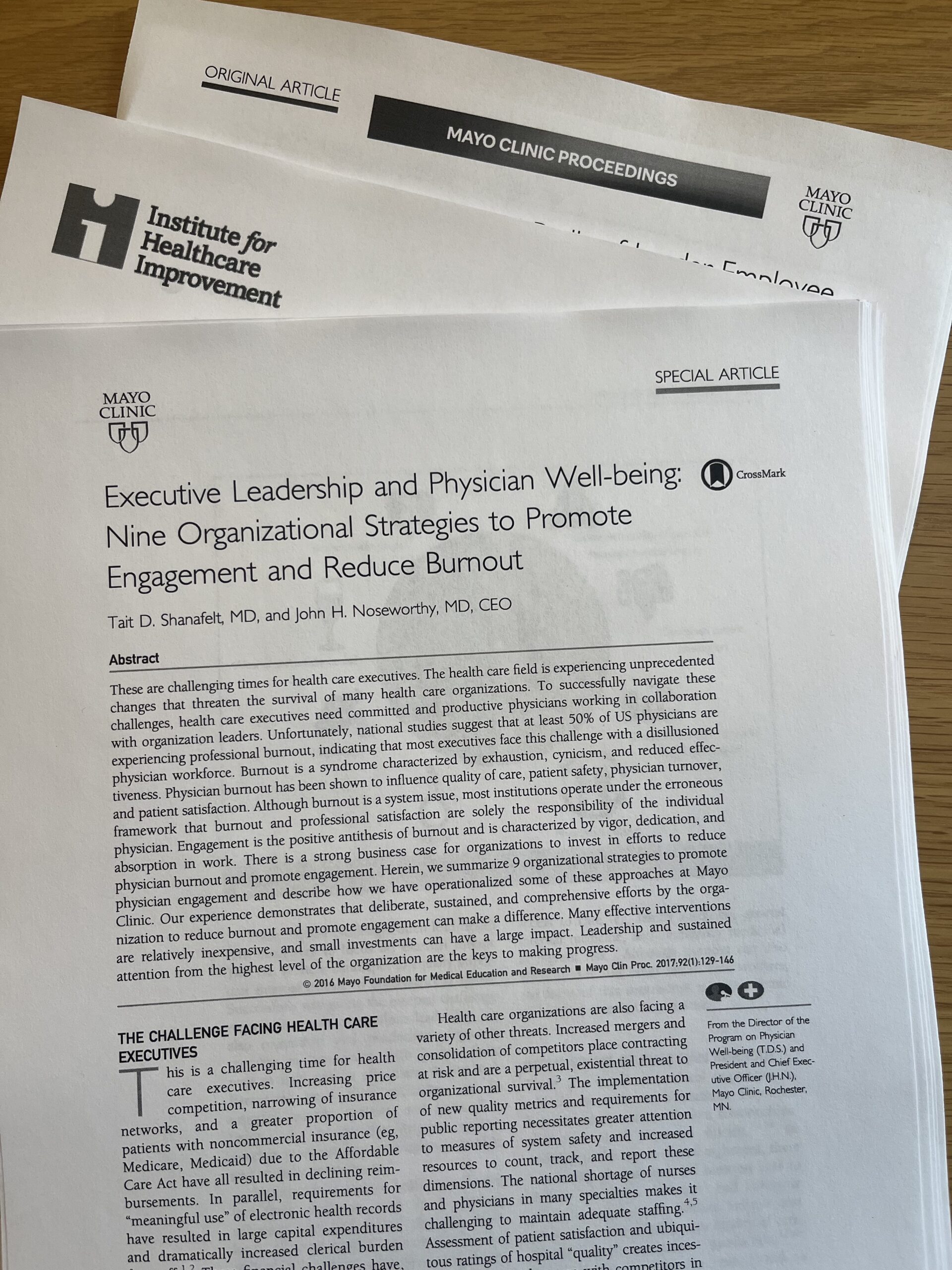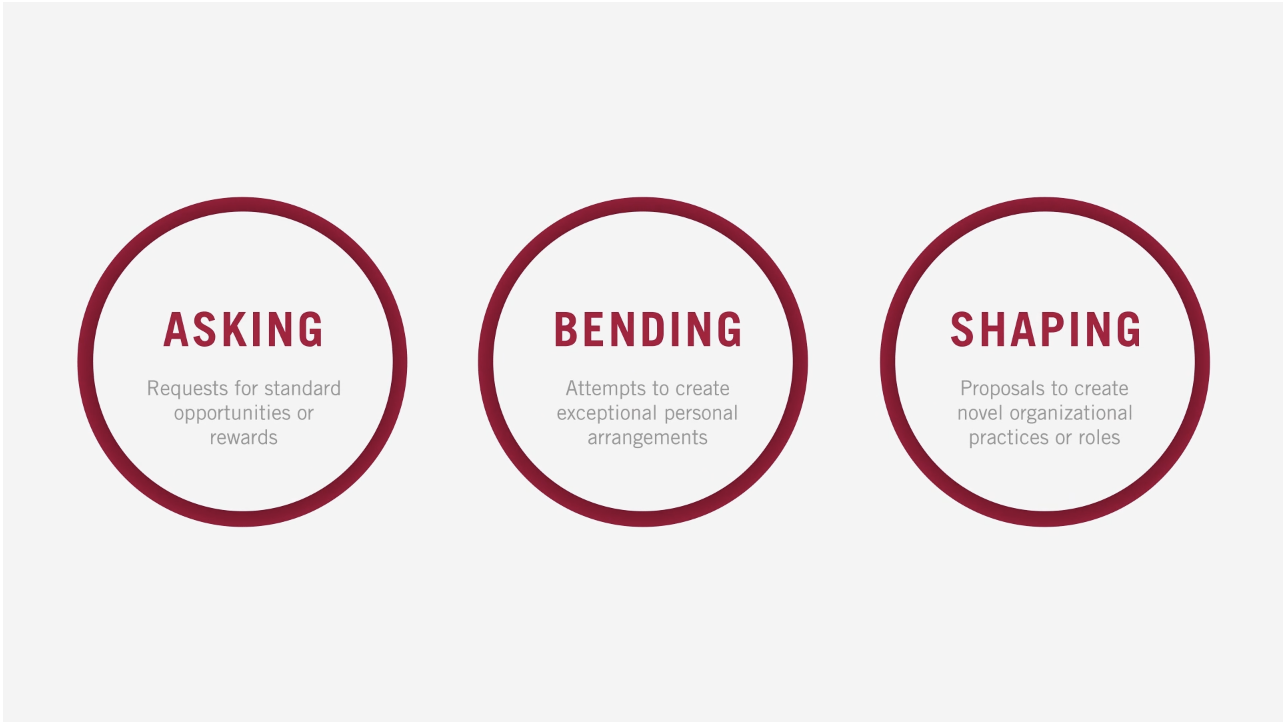If we care about our work, we’re going to get our hearts broken sometimes.
One pillar of my coaching process is the Work Biography. I interview clients about their work history. The conversations focus on decisions, high points, low moments, relationships, professional achievements, how you arrived and why you left.
There’s heartbreak and grief in these stories. My clients are high achievers and have largely had wonderful options and positive work experiences. Still, there’s loss, betrayal, frustration. Empty or broken promises. Being overlooked or underappreciated. The loss of beloved colleagues or mentors; a reorg that disrupted a humming and delightful team.
This Harvard Business Review article by Gretchen Gavett captures it.
Like any heartbreak or grief, professional disappointment leaves scars.
If you survive a round of layoffs, you’ve lost something — the culture, the relationships, the former structure, and perhaps a sense of security. If you experience a betrayal from a leader or colleague you once held in high regard, it hurts. And it makes you doubt yourself. Were you wrong to have believed in this person? As with any loss, you need to reorder your world and patch up your identity without something you once valued.
What I think makes professional grief different is that it’s not socially acknowledged. It’s hard to talk about the inner toll, the confusion and the grief, especially for people in roles like my clients are in: generally highly compensated, analytical, fast-moving positions. There’s not a lot of room or language for workplace wounds, and we can feel like it’s unseemly to have emotions. Our discomfort with those feelings is amplified when we know that many others have it worse.
The problem with grief is that it doesn’t care whether it’s welcome or not. In fact, it makes trouble when it’s not attended to.
I’m not a specialist on grief by any means, but I’ll offer some thoughts on how to process the FEELINGS when work breaks your heart in Part 2.


